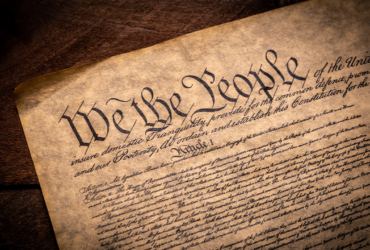The 4th amendment mandates there must be a warrant based on probable cause to search and seize evidence
A warrantless search without probable cause that a crime is being committed or is about to be committed, depending on the circumstances, might be excluded as evidence against the defendant because it violated the defendant’s fourth amendment rights.
The exclusionary rule is intended to dissuade prosecutors and law enforcement from the privacy rights enshrined in our constitution. However, the law does provide exceptions to the general rule.






